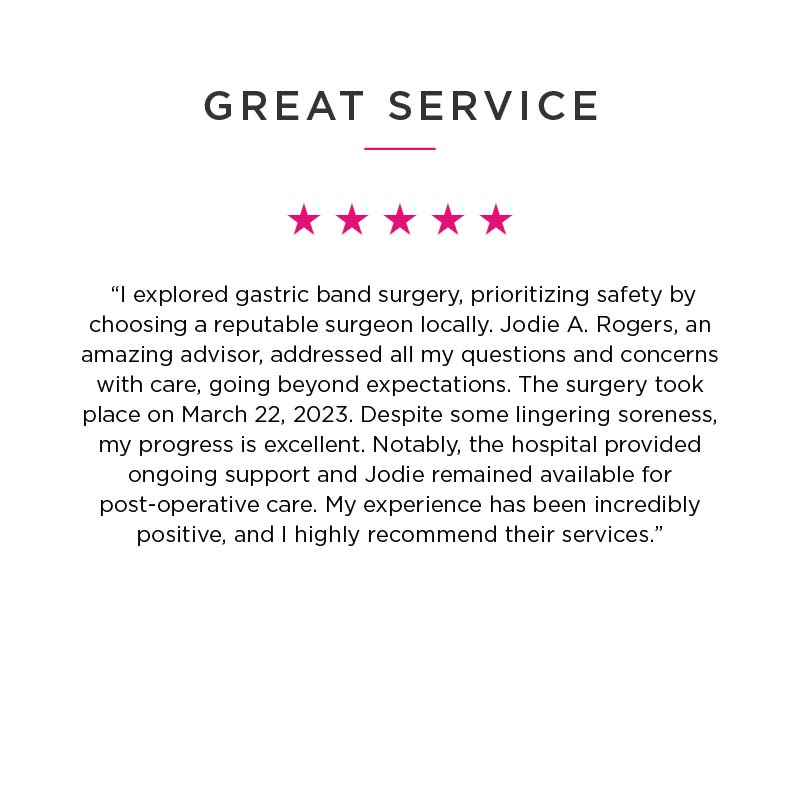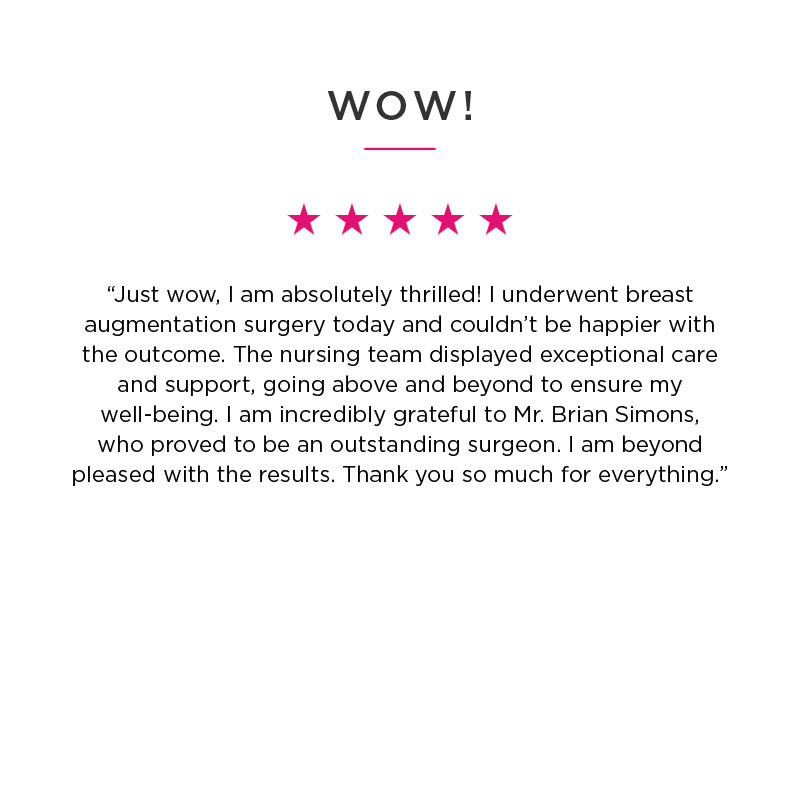
- Home
- Cosmetic Surgery
- Weight Loss
- Femme
- Homme
- Identité
- Vision Correction
- General Surgery
- General Surgery
- Urology
- Orthopedic
- Gynaecology
- ENT Surgery
- Before & After Photos
- Finance Enquiry
- Latest News
- About us
- Contact Us
- Help & Knowledge Centre
- Our experienced surgeons
- Patient Stories
- Our Hospitals
- Search
- Privacy Policy
- Cookie Policy
- Book a free consultation
- 0330 053 9115
- 5 things you didn't know about the Gastric Balloon
- What is breast ptosis?
- 5 ways we can do the lifting for you
- What I wish I’d known before my nose job
- Our top 5 breast surgery questions
- Paige's rhinoplasty story
- Lainya's breast augmentation story
- Temporary clinic disruption
- How much does a tummy tuck cost?
- 5 ways we can do the lifting for you
- Changing your nose shape
- How Full Monty fever has led to surge in men looking to get lean
- Benefits of having surgery in the UK
- Interview with Mr Ioannis Ntanos - gender affirming surgeon specialising in top surgery for trans masculine individuals
- ‘Budget bodies’ warning for brits seeking surgery abroad: The ‘red flags’ that could save mishaps
- How much does liposuction cost?
- How much does a 'nose job' cost?
- How much does a boob job cost?
- All about non-surgical weight loss treatments
- Beth's gastric bypass story
- Before and after: Experts reveal how popular filters change how we look
- Infection prevention is our intention
- Up close and personal: Getting to know your breasts
- What's included in a 'mummy makeover'?
- Travelling beyond weight loss surgery: Health, fitness and your happiness
- Moles and Melanoma: Summer Skin Protection
- Pride: Our commitment
- How has a year in Lockdown affected our appearance?
- How to help manage stress and anxiety
- Finding your body confidence again after childbirth
- Which kind of nose surgery is right for you?
- What I wish I’d known before my boob job surgery
- Introducing our new surgeon Mr Murphy
- Growing and learning through our NHS collaboration
- The developing role of women in the healthcare sector
- Is Liposuction Dangerous? Your Guide to Safe Surgery
- 5 things to consider when choosing your cosmetic surgery provider
- 100 Years of Beauty Trends
- Transform's White Paper
- My weight loss surgery journey so far
- JUVÉDERM® Myths Debunked
- TOP FIVE BODY SCULPTING TREATMENTS
- Flawless skin’s as easy as vitamins A, B & C
- Relationships forged through our NHS partnership
- 5 non-surgical ways to build post-pregnancy body confidence
- Want to be fuzz-free for summer? Then you need to start now!
- 5 top tips for self-care this February
- My boob job picture diary
- Our Pride 365 pledge to end pinkwashing
- SUPPORTING THE NHS DURING THE CURRENT COVID-19 SURGE
- Supporting NHS services
- Collaboration at a time of national crisis
- Notice of Data Security Incident
- What are the benefits of a chemical skin peel?
- Top 5 treatments for hardworking nurses
- 10 reasons why you might have a boob job
- Which type of filler is right for me?
- A guide to buying boobs
- Dedicated to patient care and safety
- Ask the Expert: Anti-wrinkle injections and twenty-somethings
- Is CoolSculpting safe?
- Pregnancy and Breastfeeding: Q&A Top Ten
- 6 ways to get rid of underboob sweat
- 9 types of boobs: Your guide to underwear
- 5 Myths Surrounding Breast Surgery
- Thinking about having a chemical peel?
- Introducing MACOM post-surgical compression bras
- What are the best alternatives to a surgical facelift?
- Do I need a breast uplift?
- Ella-Morgan’s story, Part 3: Being Ella
- Ella-Morgan’s Story, Part 2: Becoming Ella
- Ella-Morgan’s story, Part 1: Little Evan
- A Beginners Guide to Fillers
- Liposuction: Is non-surgical Vaser lipo for you?
- Your top 10 questions about nipple correction recovery answered
- 10 things you need to know about lipo
- What is 3D face contouring?
- What you need to know if you’re thinking about having lip fillers
- Liposuction: Surgical or Non-Surgical?
- My experience of the HydraFacial UK
- The top 5 questions our breast surgeons get asked
- How much do lip fillers cost?
- Trending: Jawline fillers
- Rachel - supporting patients during COVID-19
- Q&A: Jo, Eye Bag Removal Surgery
- Medical Aesthetics: Transform have partnered with the JCCP
- How should I prepare for my surgery day?
- How Orla’s role changed due to Covid-19
- 5 Tips to Help You Prepare for Breast Augmentation Surgery
- Cosmetic surgery abroad - things to consider
- Considering dermal fillers? Read this first
- Best bikinis for big breasts
- Should I get laser hair removal?
- Financing Your Nose Surgery
- How to save for a boob job
- Dos and don’ts after nose surgery
- Your pre-boob job wish list
- 7 things to consider before a boob job
- Top tips for rhinoplasty recovery
- Can I go on holiday after a boob job?
- What kind of breast implants should I have?
- PDO Thread Lift vs. Dermal Filler - which one should you choose?
- Do I need an open or closed rhinoplasty?
- Do I have tubular breasts?
- Do I need a breast implant removal & replacement?
- How your boobs will look throughout your lifetime
- How to Make Lip Fillers Last Longer
- Your easy guide to financing our non-surgical treatments
- 30 Great Nicknames for Breasts
- 6 exercises to avoid after a boob job
- Do's and don'ts after breast surgery
- Moles & sun exposure: What you need to know
- Weight loss support during COVID-19
- Start your journey with a video consultation
- Have you got varicose veins?
- Q&A with Mr Netri: Pregnancy and Breastfeeding
- What is SculpSure?
- 5 things to know about the top trending “tweakment” Profhilo®
- Check your pumpkins: How to check your breasts after a boob job
- Best #TeamTransformUK Transformations
- Q & A on anti wrinkle treatment: bangonstyle’s Debs Stubbington
- Zooming in on our flaws?
- Keeping you safe in our clinics
- Demi McCoy
- Lou Newton
- Joanna Kolasa
- Shannon McGaughey
- James ‘Arg’ Argent
- Rebecca
- Abbey Apicella
- Lauren Chadwick
- Simon Hails
- Amber Hazel-Heath
- Bonnie Whitfield
- Nicola Gaffey
- Katie Ryder
- Jon Sutton
- Tammie Atkin
- Shaunie Blackburn
- Miriam Rodriguez-Juarez
- Craig George
- Nicola Boss
- Lauren Brown
- Lucy Offer
- Ella-Morgan
- Courtney
- Sophie
- Rochelle
- Danny Dunning
- Sarah Bainbridge
- Christine Hooper












